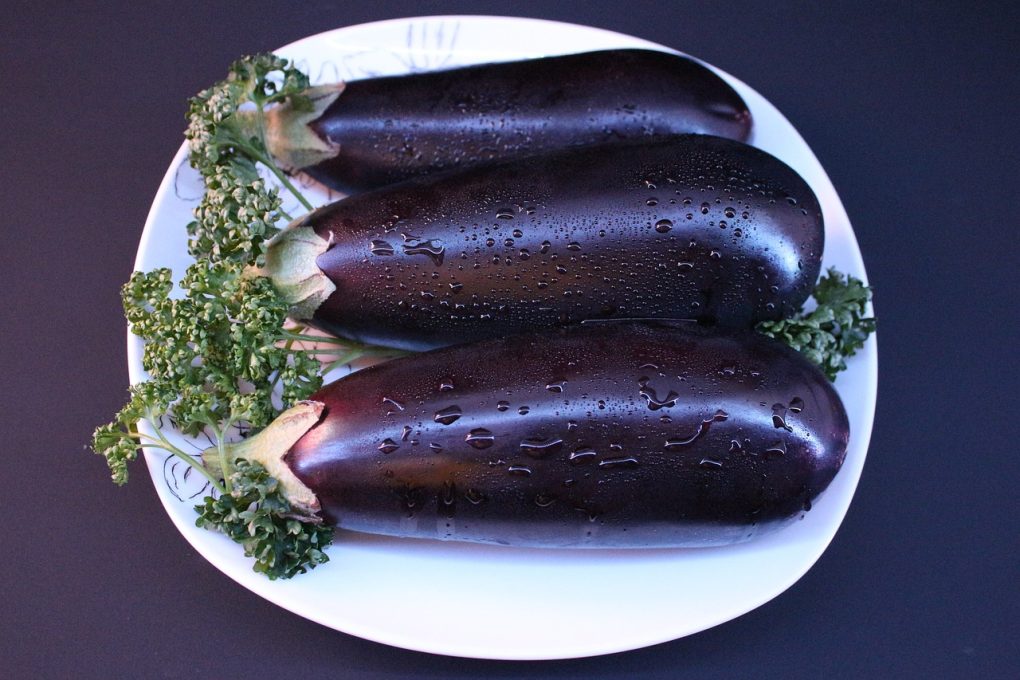
Eggplant is a versatile vegetable that is enjoyed in dishes from many different cultures. It can be roasted, grilled, stewed, baked, fried, or even incorporated into salads and soups. But before you can enjoy eggplant’s amazing flavor, it is important to learn how to properly store it. With the right storage methods, you can keep your eggplant fresh, flavorful, and safe to eat for days or even weeks.
Why is Proper Storage Important?
Eggplant is a perishable food, so it has a limited shelf life once it is harvested. If it is stored incorrectly, it can become soft, discolored, and even moldy. The best way to ensure that your eggplant stays fresh is to store it in the right conditions.
The temperature and humidity of the environment where the eggplant is stored is very important. Eggplant should be stored at temperatures between 45 and 50 degrees Fahrenheit. Temperatures above this range can cause the eggplant to spoil quickly. The humidity of the environment should be kept at around 85%. If the humidity is too high, it can cause the eggplant to become slimy and mushy.
How to Choose the Right Eggplant
When choosing eggplant, it is important to look for ones that are firm and have a bright color. Avoid any eggplant that is soft or has any bruises or discoloration. The stem should be fresh and green. If the stem is brown or dry, it is a sign that the eggplant is starting to spoil.
Refrigeration
The best way to store eggplant is in the refrigerator. Place the eggplant in a container or bag and store it in the vegetable drawer. It is important to make sure that the eggplant is completely covered to keep out any moisture or light. Make sure to check the eggplant regularly and discard any that are showing signs of spoilage.
If you plan to use the eggplant within a few days, it is safe to leave it out at room temperature. However, be sure to store it in a cool, dry place. Eggplant should not be exposed to direct sunlight or high temperatures for long periods of time.
Freezing
Eggplant can also be frozen for longer-term storage. To freeze eggplant, it is important to blanch it first. Blanching is a process that involves briefly boiling the eggplant in hot water, then quickly cooling it in an ice bath. This helps to preserve the color and texture of the eggplant. Once it has been blanched, cut the eggplant into slices and place them in a single layer on a baking sheet. Place the baking sheet in the freezer and allow the slices to freeze completely. Once they are frozen, transfer them to an airtight container or bag and store them in the freezer.
Canning
Canning is a great way to preserve eggplant for a longer period of time. Eggplant can be canned in jars using a pressure canner. Start by washing and peeling the eggplant. Cut it into cubes and pack it into the jars. Add a little canning salt and then cover the eggplant with boiling water. Place the lids on the jars and process them in the pressure canner according to the manufacturer’s instructions.
Vacuum Sealing
Vacuum sealing is another great way to store eggplant. This method helps to preserve the eggplant’s flavor and texture for up to a year. Start by washing and peeling the eggplant. Cut it into cubes or slices and place them in a vacuum sealing bag. Seal the bag and place it in the freezer.
Drying
Drying is a great way to preserve eggplant for a longer period of time. Start by washing and peeling the eggplant. Cut it into thin slices and place them on a baking sheet lined with parchment paper. Place the baking sheet in the oven and set the temperature to its lowest setting. Bake the slices for several hours until they are dry and brittle. Once they are dry, store them in an airtight container.
Pickling
Pickling is another great way to preserve eggplant. Start by washing and peeling the eggplant. Cut it into cubes or slices and place them in a jar or container. In a separate pot, bring vinegar, water, sugar, salt, and spices to a boil. Pour the hot liquid over the eggplant in the jar and seal the lid. Place the jar in the refrigerator and allow the eggplant to pickle for at least a week.
Conclusion
Storing eggplant correctly is essential to preserving its flavor and texture. The best way to store eggplant is in the refrigerator, as this will keep it fresh for several days. It can also be frozen, canned, vacuum sealed, dried, or pickled for longer-term storage. By following the tips above, you can ensure that your eggplant is stored correctly and will stay fresh and flavorful for days or even weeks.
